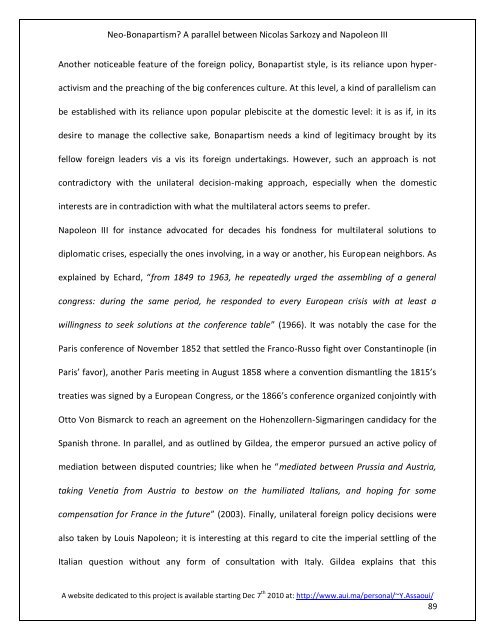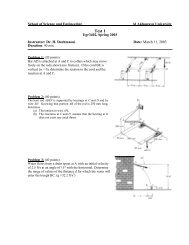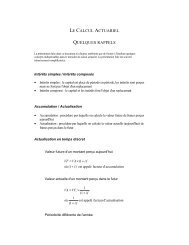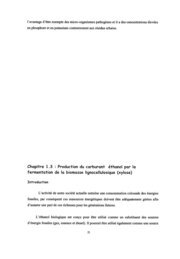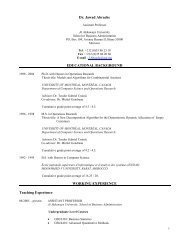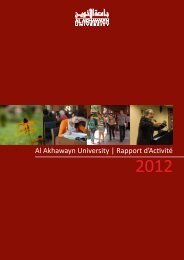Neo-Bonapartism? A parallel between Nicolas Sarkozy and ...
Neo-Bonapartism? A parallel between Nicolas Sarkozy and ...
Neo-Bonapartism? A parallel between Nicolas Sarkozy and ...
Create successful ePaper yourself
Turn your PDF publications into a flip-book with our unique Google optimized e-Paper software.
<strong>Neo</strong>-<strong>Bonapartism</strong>? A <strong>parallel</strong> <strong>between</strong> <strong>Nicolas</strong> <strong>Sarkozy</strong> <strong>and</strong> Napoleon III<br />
Another noticeable feature of the foreign policy, Bonapartist style, is its reliance upon hyper-<br />
activism <strong>and</strong> the preaching of the big conferences culture. At this level, a kind of <strong>parallel</strong>ism can<br />
be established with its reliance upon popular plebiscite at the domestic level: it is as if, in its<br />
desire to manage the collective sake, <strong>Bonapartism</strong> needs a kind of legitimacy brought by its<br />
fellow foreign leaders vis a vis its foreign undertakings. However, such an approach is not<br />
contradictory with the unilateral decision-making approach, especially when the domestic<br />
interests are in contradiction with what the multilateral actors seems to prefer.<br />
Napoleon III for instance advocated for decades his fondness for multilateral solutions to<br />
diplomatic crises, especially the ones involving, in a way or another, his European neighbors. As<br />
explained by Echard, “from 1849 to 1963, he repeatedly urged the assembling of a general<br />
congress: during the same period, he responded to every European crisis with at least a<br />
willingness to seek solutions at the conference table” (1966). It was notably the case for the<br />
Paris conference of November 1852 that settled the Franco-Russo fight over Constantinople (in<br />
Paris’ favor), another Paris meeting in August 1858 where a convention dismantling the 1815’s<br />
treaties was signed by a European Congress, or the 1866’s conference organized conjointly with<br />
Otto Von Bismarck to reach an agreement on the Hohenzollern-Sigmaringen c<strong>and</strong>idacy for the<br />
Spanish throne. In <strong>parallel</strong>, <strong>and</strong> as outlined by Gildea, the emperor pursued an active policy of<br />
mediation <strong>between</strong> disputed countries; like when he “mediated <strong>between</strong> Prussia <strong>and</strong> Austria,<br />
taking Venetia from Austria to bestow on the humiliated Italians, <strong>and</strong> hoping for some<br />
compensation for France in the future” (2003). Finally, unilateral foreign policy decisions were<br />
also taken by Louis Napoleon; it is interesting at this regard to cite the imperial settling of the<br />
Italian question without any form of consultation with Italy. Gildea explains that this<br />
A website dedicated to this project is available starting Dec 7 th 2010 at: http://www.aui.ma/personal/~Y.Assaoui/<br />
89


